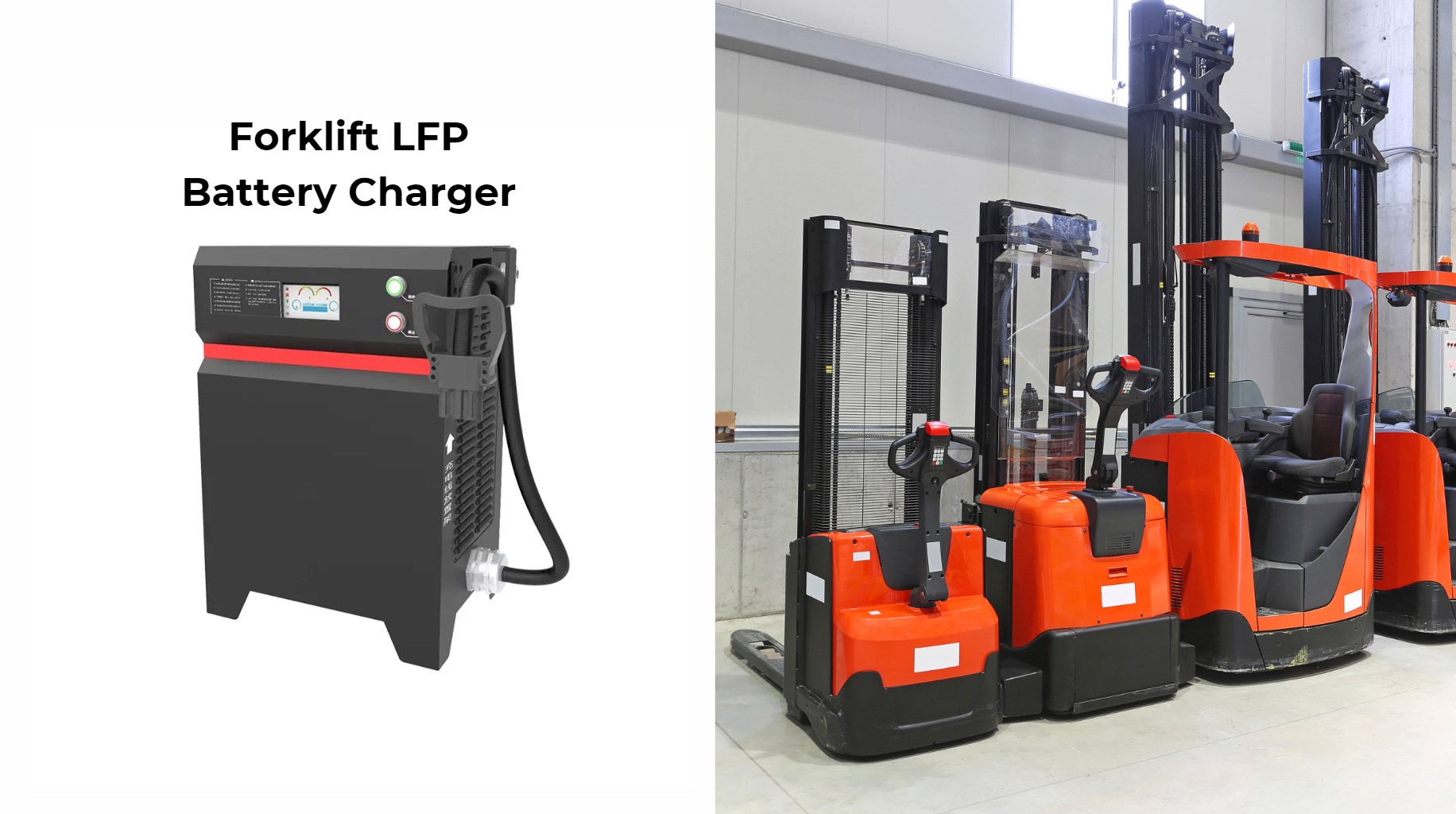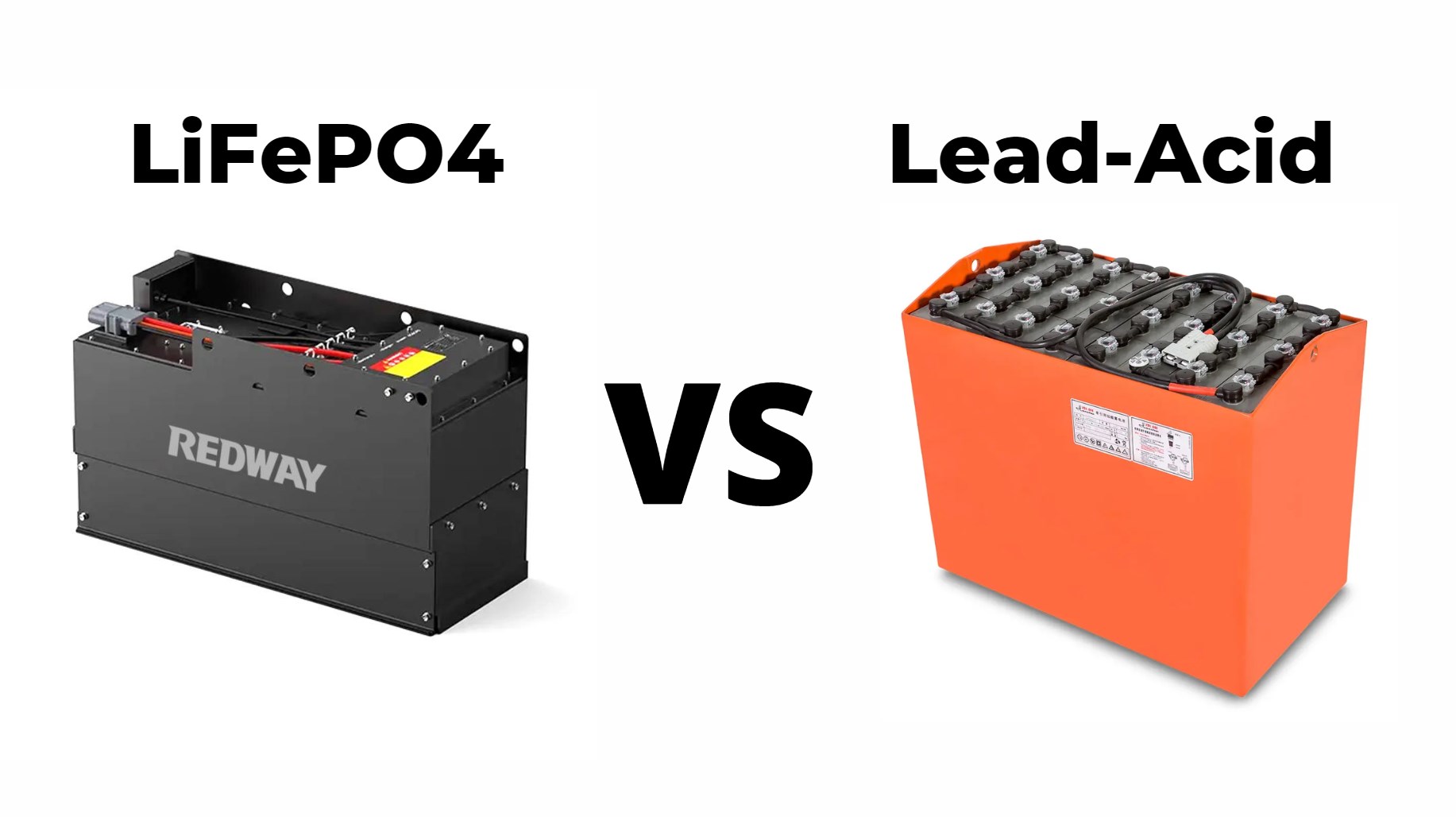Charging time for a forklift battery varies based on its type and state of discharge. Conventional chargers usually take about 8 hours for a full charge, while opportunity chargers can achieve 80% capacity in 30 minutes. Fast chargers may reduce this time further.
In the fast-paced world of logistics and warehousing, understanding the charging times for forklift batteries is crucial for maintaining efficient operations. Forklifts are the backbone of many industrial activities, and their batteries need proper maintenance to ensure optimal performance. This article delves deeply into the factors influencing the charging times of forklift batteries and provides practical advice for maximizing battery life and efficiency.
Understanding Forklift Battery Types
Forklift batteries come in various types, each with unique characteristics and charging requirements. The most common types are lead-acid batteries and lithium-ion batteries.
Wholesale lithium golf cart batteries with 10-year life? Check here.
Lead-Acid Batteries
Lead-acid batteries are the traditional choice for many forklifts. They are cost-effective and widely available. However, they require more maintenance and have longer charging times compared to their lithium-ion counterparts.
Lithium-Ion Batteries
Lithium-ion batteries are becoming increasingly popular due to their shorter charging times and lower maintenance needs. They are more expensive upfront but offer better efficiency and longer life spans, making them a preferred choice for many modern operations.
Want OEM lithium forklift batteries at wholesale prices? Check here.
Factors Influencing Charging Time
Several factors affect how long it takes to charge a forklift battery. Understanding these variables can help you manage your forklift fleet more effectively.
Battery Capacity
Battery capacity, measured in ampere-hours (Ah), directly impacts charging time. Larger batteries with higher capacities will naturally take longer to charge. For example, a 100 Ah battery will take longer to charge than a 50 Ah battery under the same conditions.
State of Charge (SoC)
The battery’s state of charge before recharging affects the time required. A battery that is completely depleted will take longer to charge compared to one that is only partially discharged.
Charger Specifications
The specifications of the charger play a significant role. High-capacity chargers can deliver more current, reducing the overall charging time. For instance, a 50-amp charger will charge a battery faster than a 25-amp charger.
Temperature Conditions
Temperature can influence battery charging efficiency. Extreme temperatures, both hot and cold, can extend the charging time. Ideal charging typically occurs in a temperature-controlled environment.
Charging Phases
Lead-acid batteries charge in three phases: bulk, absorption, and float. Each phase has a different charging rate. The bulk phase charges the battery to about 80% of its capacity quickly, while the absorption and float phases complete the charge more slowly.
Typical Charging Times
Lead-Acid Battery Charging Times
Charging a lead-acid battery typically takes between 8 to 12 hours. The bulk phase takes about 4 to 6 hours, the absorption phase another 2 to 4 hours, and the float phase completes the process.
Lithium-Ion Battery Charging Times
Lithium-ion batteries offer much faster charging times, often requiring only 1 to 4 hours to reach full charge. This rapid charging capability is one of the reasons for their growing popularity in high-demand environments.
Best Practices for Efficient Charging
Regular Maintenance
Maintaining your forklift batteries is essential for ensuring efficient charging and prolonging battery life. Regularly check the water levels in lead-acid batteries and clean any corrosion from the terminals.
Proper Charging Environment
Ensure that your charging area is well-ventilated and temperature-controlled. This not only improves charging efficiency but also enhances safety.
Use the Right Charger
Always use a charger that matches your battery’s specifications. Using an incompatible charger can result in longer charging times and potential damage to the battery.
Avoid Overcharging
Overcharging can damage batteries and reduce their lifespan. Modern chargers typically have automatic shutoff features to prevent overcharging, but it’s essential to ensure this feature is functioning correctly.
Implement Opportunity Charging
For operations that require constant use of forklifts, implementing opportunity charging can be beneficial. This involves charging batteries during short breaks throughout the day, keeping them at optimal charge levels without requiring long downtime periods.
Common Misconceptions About Battery Charging
Myth: Faster Charging Always Better
While faster charging is beneficial, it’s essential to balance speed with the battery’s health. Charging too quickly can generate excessive heat and reduce battery life, especially for lead-acid batteries.
Myth: Fully Depleting Batteries Is Necessary
It’s a common belief that batteries should be fully discharged before recharging. However, this is not necessary and can be harmful, particularly for lead-acid batteries. Regular, partial discharges and recharges are better for battery health.
Myth: All Batteries Charge at the Same Rate
Different batteries have different charging rates. Lithium-ion batteries charge significantly faster than lead-acid batteries. It’s crucial to understand the specific requirements of your battery type.
Impact of Charging Practices on Battery Life
Proper charging practices not only ensure your forklift is always ready for use but also significantly impact the battery’s overall lifespan. Here’s how:
Lead-Acid Battery Lifespan
Lead-acid batteries typically last between 1,000 to 1,500 charge cycles. Adhering to proper charging protocols can help you reach the upper end of this range.
Lithium-Ion Battery Lifespan
Lithium-ion batteries have a longer lifespan, often lasting 2,000 to 3,000 charge cycles. Their robust nature and efficient charging processes contribute to their durability.
Conclusion
Understanding how long it takes to charge a forklift battery and the factors that influence this process is essential for maintaining a productive and efficient warehouse or industrial operation. By selecting the right battery type, using appropriate chargers, and following best practices for battery maintenance, you can ensure your forklifts are always ready to perform at their best. Prioritize battery health to maximize both performance and longevity, ensuring your operations run smoothly with minimal downtime.







